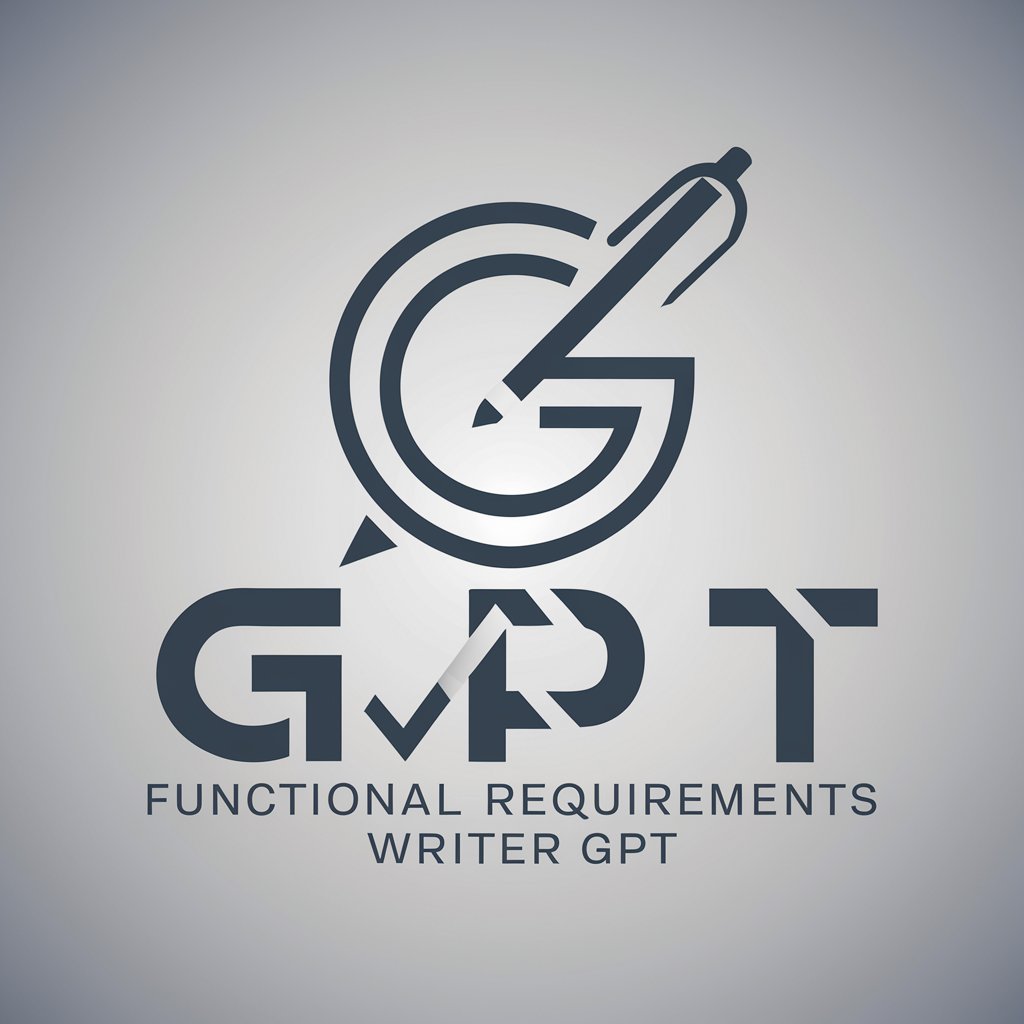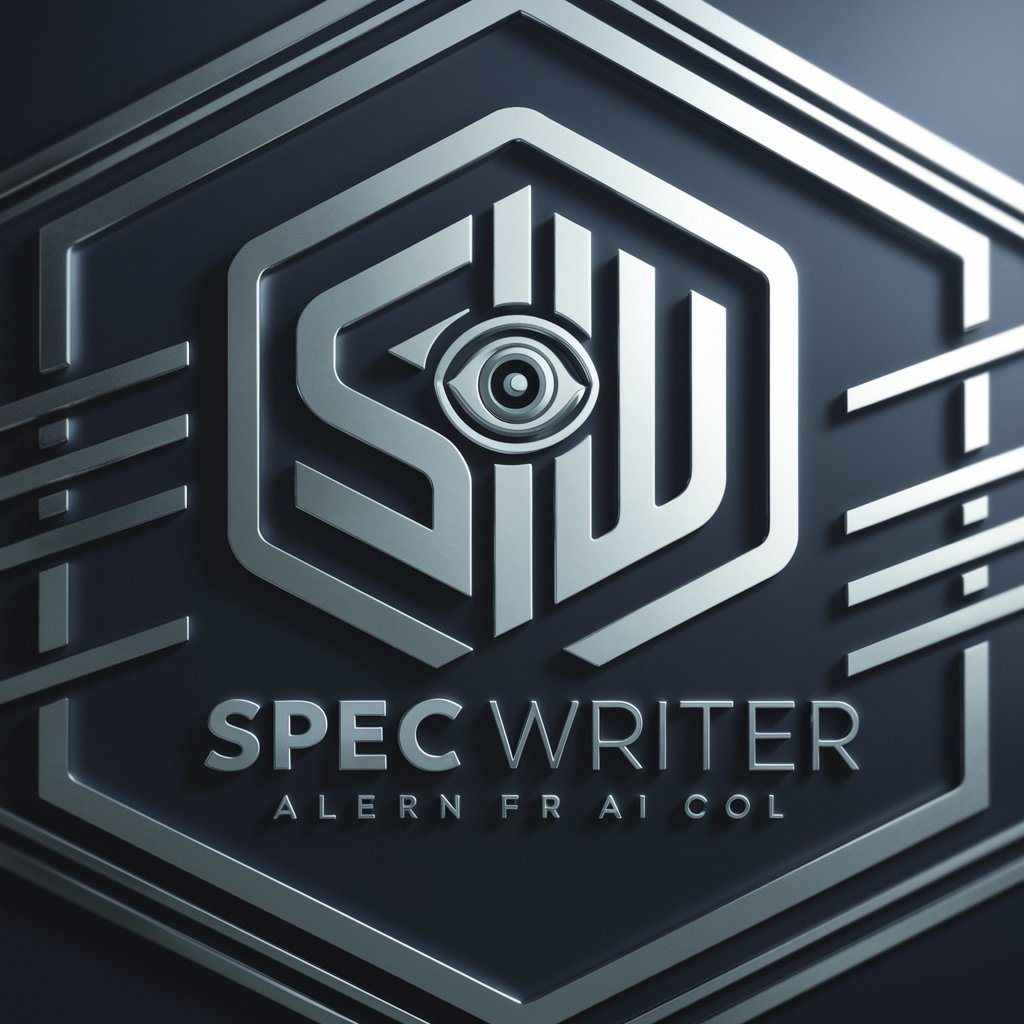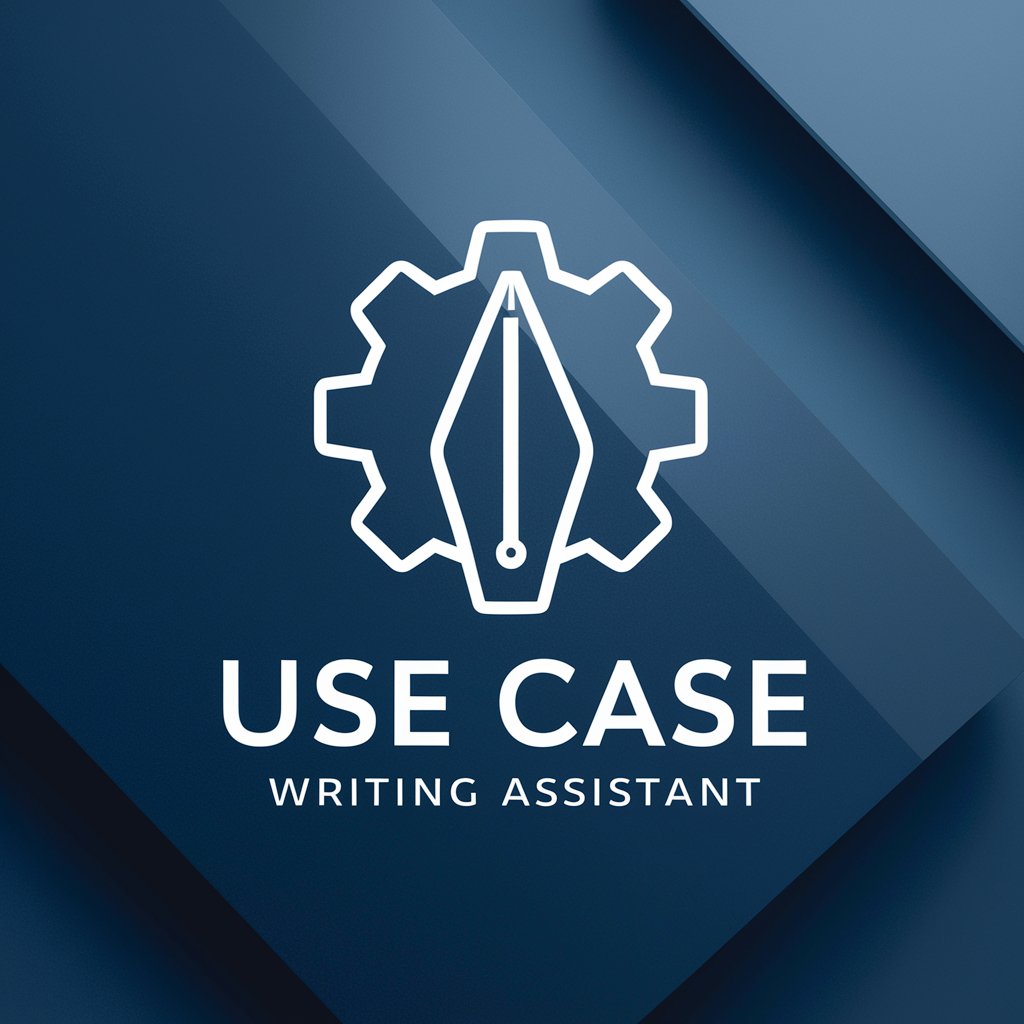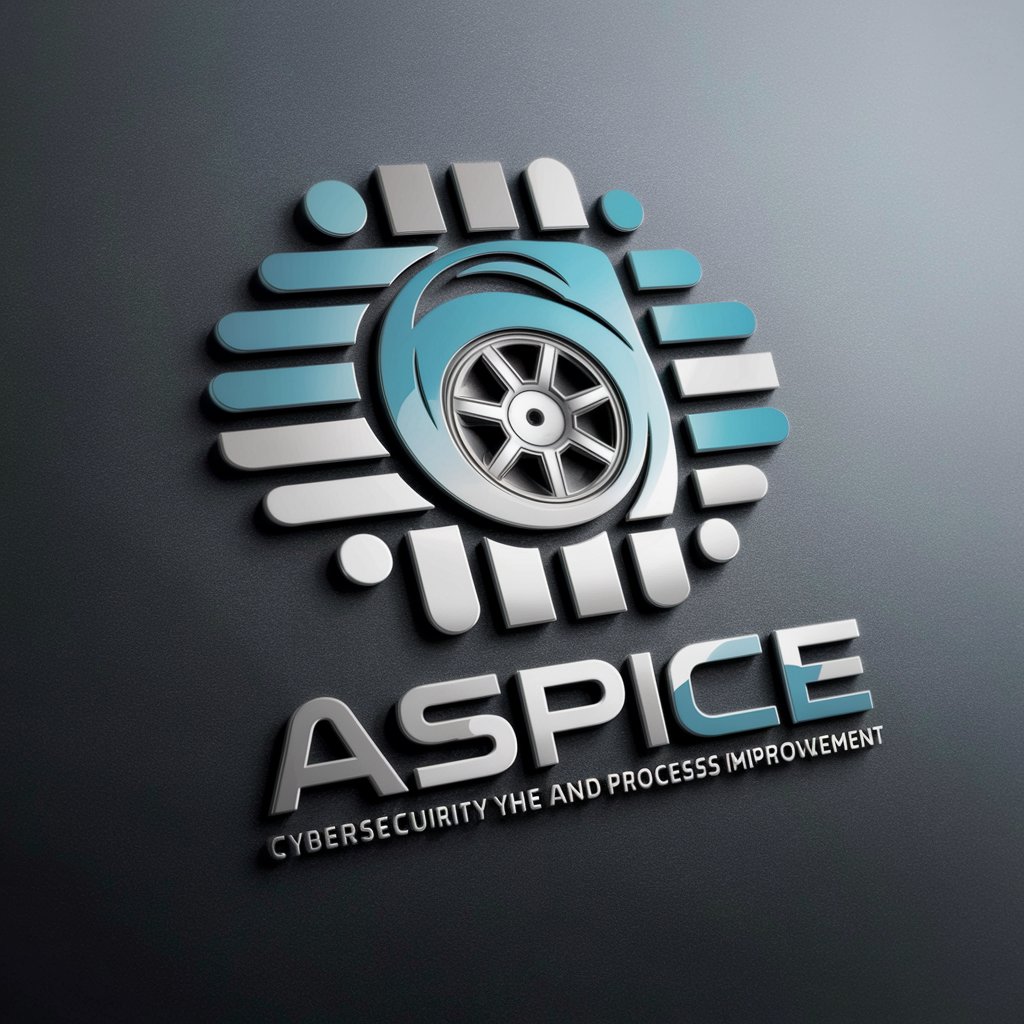5 GPTs for Requirements Engineering Powered by AI for Free of 2026
AI GPTs (Generative Pre-trained Transformers) for Requirements Engineering are advanced tools designed to assist in the elicitation, documentation, analysis, and validation of requirements in software and system development processes. These tools leverage the power of AI to understand, interpret, and generate human-like text, making them ideal for handling complex requirements engineering tasks. Their relevance lies in their ability to process natural language, enabling them to interact seamlessly with users and comprehend technical specifications within the context of requirements engineering.
Top 5 GPTs for Requirements Engineering are: Functional Requirements Writer,SPEC WRITER,Use Case Writing Assistant,ASPICE for CS Mentor,User Story Hero
Functional Requirements Writer
Simplifying software requirements with AI

SPEC WRITER
Transform Ideas into Testable Specs

Use Case Writing Assistant
Simplify use case creation with AI

ASPICE for CS Mentor
Elevate Automotive Cybersecurity

User Story Hero
Crafting clear, actionable user stories with AI.

Key Attributes of AI GPTs in Requirements Engineering
AI GPTs for Requirements Engineering stand out for their adaptability, capable of handling tasks ranging from simple requirement gathering to complex analysis. Key features include natural language understanding, allowing for seamless interaction with non-technical stakeholders; automated documentation capabilities, reducing manual errors; and advanced data analysis tools, providing insights into requirement trends and patterns. Specialized functions like web searching and image creation augment their ability to provide comprehensive support in requirements engineering.
Intended Beneficiaries of AI GPTs in Requirements Engineering
The primary beneficiaries of these tools include novices, developers, and professionals in the field of requirements engineering. AI GPTs are designed to be accessible to those without extensive coding skills, offering intuitive interfaces and user-friendly functionalities. Simultaneously, they cater to experienced users by providing advanced customization options and programming capabilities, thus serving a wide spectrum of users in the domain.
Try Our other AI GPTs tools for Free
User-Centered Design
Discover AI GPTs for User-Centered Design: revolutionary tools transforming user experience with intuitive design, tailored solutions, and accessible technology for all.
Self-Reflection and Meditation
Discover AI GPTs for Self-Reflection and Meditation: your AI companion for personal growth and mental wellbeing, offering tailored guidance and insights.
Streamlining Recruitment Processes
Discover how AI GPTs revolutionize recruitment, offering efficient, data-driven solutions for hiring processes. Ideal for HR professionals and recruiters seeking streamlined, adaptable AI tools.
Enhancing Employee Training
Discover how AI GPTs revolutionize employee training, offering personalized, adaptable solutions that enhance learning experiences, cater to diverse needs, and integrate seamlessly with existing systems.
Facilitating Performance Reviews
Discover AI GPTs for Facilitating Performance Reviews: Tailored, AI-driven tools transforming the efficiency and accuracy of performance assessments across industries.
Automating Payroll and Benefits
Revolutionize your payroll and benefits administration with AI GPTs. Streamline processes, enhance accuracy, and enjoy customizable solutions.
Enhanced Perspectives on AI GPTs in Requirements Engineering
AI GPTs offer tailored solutions across various sectors in requirements engineering. They feature user-friendly interfaces, facilitating easy adoption by diverse user groups. The potential for integration with existing systems highlights their versatility, enhancing traditional workflows with AI-driven insights and automation.
Frequently Asked Questions
What exactly are AI GPTs for Requirements Engineering?
They are AI-based tools specifically designed to aid in various aspects of requirements engineering, such as elicitation, documentation, and analysis, using natural language processing capabilities.
Can non-technical users easily use these tools?
Yes, these tools are designed with user-friendly interfaces, making them accessible to non-technical users while also offering advanced features for technical users.
How do these tools handle complex requirement analysis?
AI GPTs are equipped with advanced data analysis capabilities, enabling them to handle complex requirements by identifying patterns, trends, and inconsistencies.
Are there customization options for experienced developers?
Yes, these tools offer advanced customization options, allowing developers to tailor functionalities according to specific project needs.
Can AI GPTs integrate with existing systems?
Yes, they are designed to be compatible with existing systems, allowing for seamless integration and workflow enhancement.
Do AI GPTs support automated documentation?
Yes, one of the key features is automated documentation, which helps in reducing manual errors and streamlining the documentation process.
Can these tools assist in requirement validation?
Absolutely, AI GPTs can aid in validating requirements by checking for completeness, consistency, and relevance.
Do they have capabilities beyond text analysis, like image creation?
Yes, some AI GPTs offer additional capabilities like image creation and web searching, providing a more comprehensive toolset for requirements engineering.